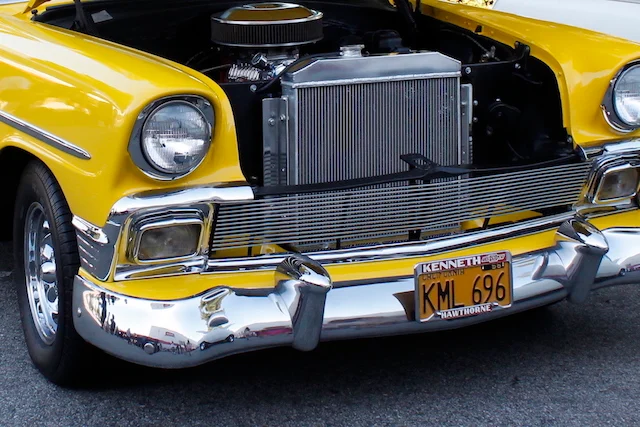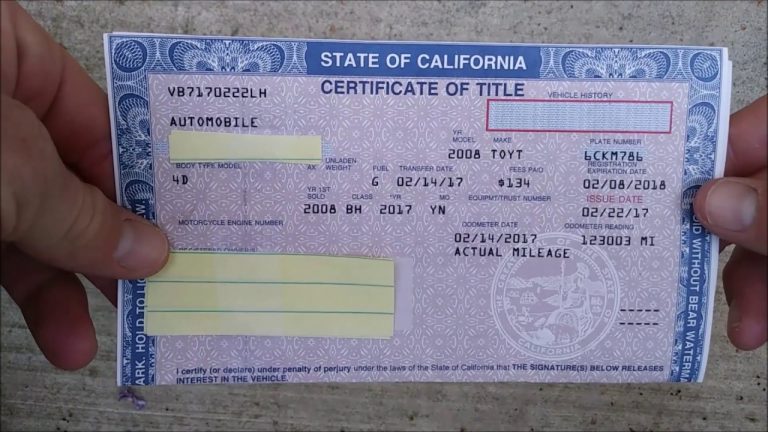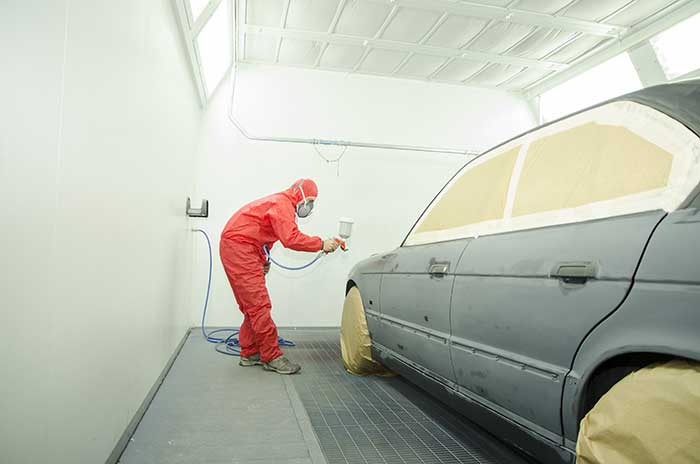How Much Does An Alternator Replacement Cost?
Ever wondered what keeps your car’s electrical systems running smoothly? It’s the unsung hero under your hood – the alternator. But what happens when this vital component starts to fail? The answer isn’t as daunting as you might think.
Although alternator failures can be nerve-wracking, they’re not the end of the world. The cost to replace an alternator is significantly less than other major vehicle parts, like your transmission. However, it’s important not to ignore the warning signs. Driving with a faulty alternator can lead to a multitude of problems, from your headlights cutting out to your engine stalling.
So, what’s the price tag for peace of mind on the road? That depends on several factors. Let’s find out the alternator replacement costs and what influences the final bill.

How Much Does An Alternator Replacement Cost?
The cost of replacing an alternator can vary widely depending on several factors including the type of car, the type of alternator (OEM, aftermarket, remanufactured), and where the replacement is performed. Typically, you can expect to pay between $350 and $900 for both parts and labor.
-
Parts Cost: The price of the alternator itself can range from $100 to $900. OEM parts tend to be on the higher end while aftermarket parts are generally cheaper. Remanufactured or rebuilt alternators can offer a good balance between cost and reliability, usually costing between $225 and $475.
-
Labor Cost: Labor costs can vary based on the complexity of the installation and the region. Generally, labor rates range from $45 to $170 per hour. Most alternator replacements can be completed in about one to three hours.
-
Additional Costs: If additional parts like the serpentine belt need replacing or if the alternator has caused damage to other electrical components, this can increase the overall cost.
-
DIY Potential: If you have the necessary tools and mechanical skills, replacing an alternator yourself can save you a significant amount in labor costs. However, it’s crucial to ensure you’re comfortable with the task as improper installation can lead to further issues.
Cost Factors in Alternator Replacement
The cost of replacing an alternator is influenced by several factors that can significantly affect the overall price. Here are the primary cost factors involved:

-
Type of Alternator: The cost of the alternator part itself varies widely. OEM (Original Equipment Manufacturer) parts are typically the most expensive, ranging from about $350 to $900. Aftermarket parts are usually cheaper but vary in quality and price, costing between $100 and $400. Remanufactured alternators offer a middle ground in terms of cost, ranging from $225 to $475.
-
Labor Costs: The cost of labor depends on the complexity of the installation and your location. Mechanics typically charge between $45 and $170 per hour. The time required to replace an alternator can vary from one to four hours, depending on how easily accessible the alternator is in your vehicle and whether other parts need to be removed to facilitate the replacement.
-
Vehicle Make and Model: The make and model of your vehicle can significantly influence the cost. Some vehicles have alternators that are easily accessible and can be replaced quickly, while others may require significant disassembly to reach the alternator, increasing labor costs. Additionally, luxury vehicles and certain models may require more expensive parts.
-
Geographical Location: Labor rates can vary significantly depending on the geographical location. Urban areas with a higher cost of living typically have higher mechanic rates compared to rural areas.
-
Additional Repairs: Sometimes, the failure of an alternator can affect other parts of the vehicle, or there might be additional wear and tear discovered during the replacement process. Costs may increase if additional parts like belts or batteries need replacement or if there is damage to other electrical components.
-
DIY vs. Professional Installation: If you have the skills and tools, replacing an alternator yourself can save the cost of labor. However, this option requires a good understanding of car mechanics to avoid potential mistakes that could lead to more serious issues.
Can I Drive With An Alternator Problem?
It is technically possible to drive a vehicle with an alternator problem, but it is generally not recommended. Driving with a faulty alternator can lead to several risks and potential issues:

-
Battery Drain: The alternator charges the battery while the vehicle is running. If the alternator is failing, it won’t properly charge the battery, which could lead to the battery draining while you drive. Once the battery is depleted, your vehicle could suddenly lose power and shut down.
-
Electrical Malfunctions: A faulty alternator can lead to poor performance or failure of electrical components in the vehicle. This can include essential features like headlights, taillights, dashboard instruments, and even the electronic control modules that manage the engine and other systems.
-
Unexpected Vehicle Shutdown: The most significant risk is that the car can stall while in operation. If the alternator fails completely, it could cause the engine to shut off unexpectedly, which is particularly dangerous if you are driving at high speeds or in heavy traffic.
-
Damage to Electrical Systems: A failing alternator can sometimes produce an inconsistent voltage that is either too high or too low, which can damage the vehicle’s electrical systems and connected components, leading to expensive repairs.
Given these risks, if you suspect your alternator is failing or if you notice symptoms like dimming lights, battery warning lights on the dashboard, or unusual noises from the alternator, it is advisable to have your vehicle checked by a professional mechanic as soon as possible.
How Often Does an Alternator Need to Be Replaced?
There’s no set mileage interval for alternator replacement. It can last anywhere from 60,000 to over 200,000 miles, depending on several factors:
- Quality of the alternator: Higher-quality parts generally last longer.
- Driving habits: Frequent short trips or heavy electrical loads can put more stress on the alternator, shortening its lifespan.
- Overall vehicle condition: A well-maintained car with a healthy electrical system will put less strain on the alternator.
- External factors: Extreme temperatures or exposure to harsh environments can accelerate wear and tear.
While there’s no specific mileage, a good estimate is that an alternator will last between 7 and 10 years or 100,000 to 150,000 miles.
Frequently Asked Questions
Can I fix an alternator without replacing it?
Yes, minor issues such as a faulty diode may not necessitate a full replacement. Repairing these requires delicacy, as it involves opening the case and performing fine electrical work. To completely refurbish an alternator, you would need new brushes, bearings, a voltage regulator, diodes, and more.
How long will a car run with a bad alternator?
The duration a car can run with a faulty alternator is uncertain. It may operate on battery power for a short while, but eventual battery depletion will cause the car to shut down.
Is fixing an alternator a big job?
The complexity of replacing an alternator depends heavily on the specific car model. Some can be replaced by an average home mechanic within an hour, while others may necessitate over two hours of work.

Hi! I’m Larry Gibbs, studying mechanical engineering with a focus on cars. I really love Ferraris and write blog posts about the latest car stuff. When not studying or blogging, I’m usually on a road trip exploring new places. I also enjoy playing football and watching movies. Life’s an adventure, and I’m all about enjoying the ride!






